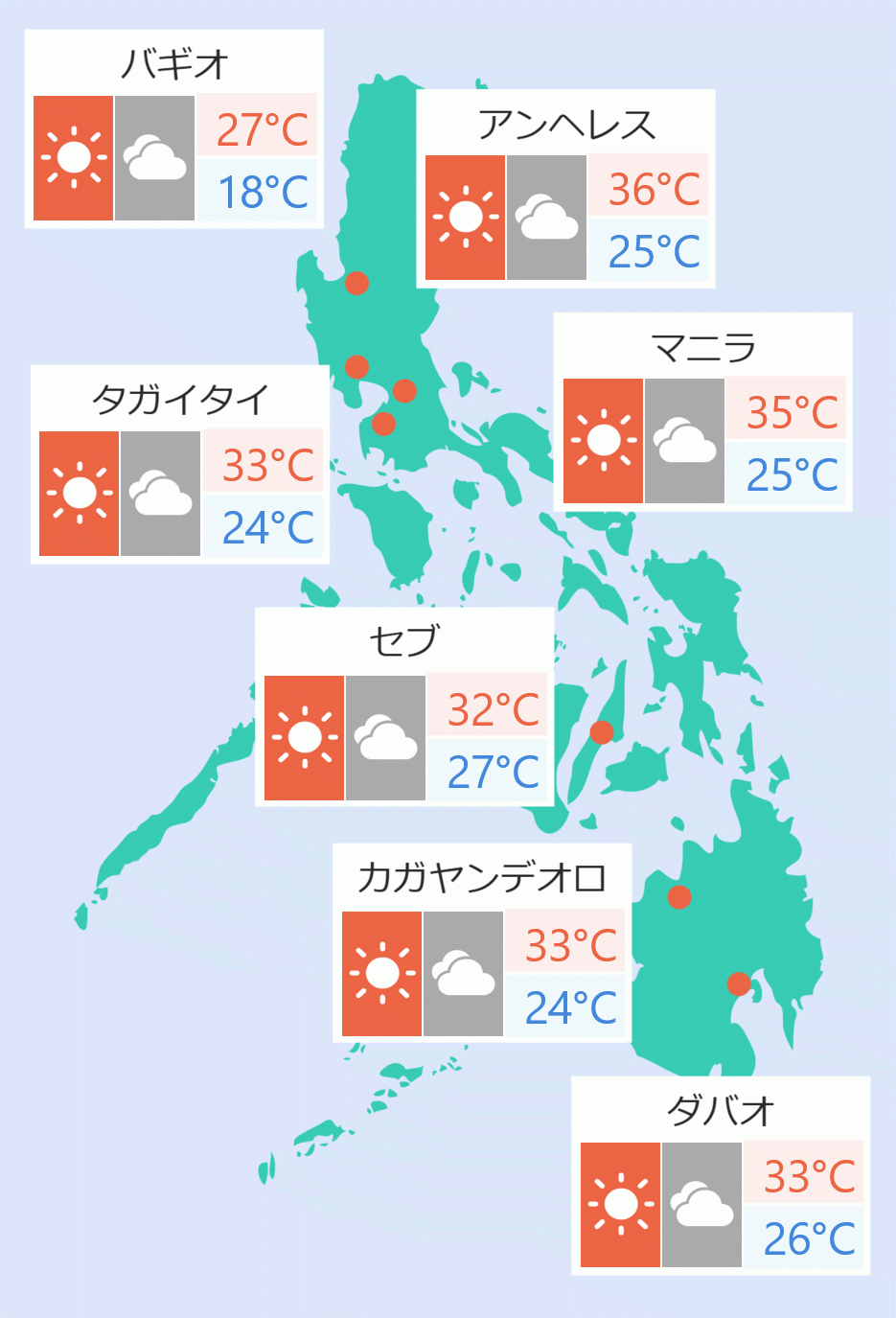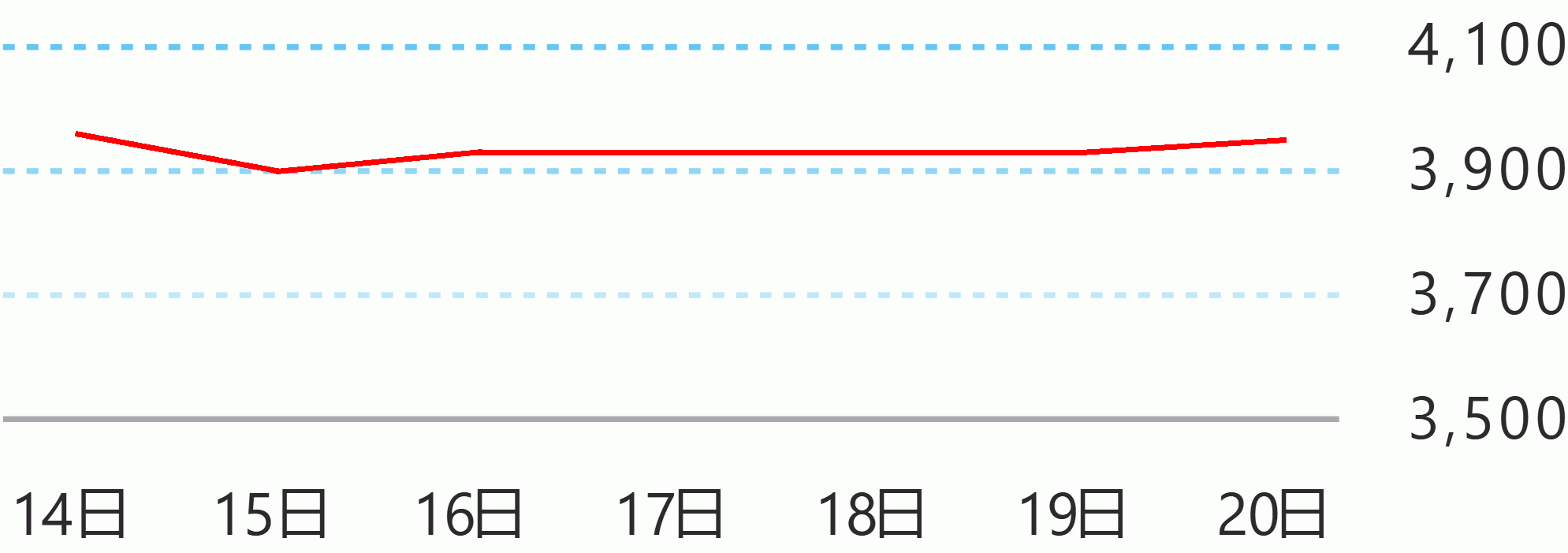The Department of Interior and Local Government (DILG) on Thursday urged local government units (LGUs) to issue an ordinance banning the use of karaoke, especially on public or open areas.
During Laging Handa public briefing, Interior Undersecretary and spokesperson Jonathan Malaya said the department is discouraging the use of karaoke during the Christmas season.
“The DILG highly discourage the use of karaoke during Christmas season in accordance to the call of the Department of Health (DOH) and according to the DOH, based on recent studies, in particular ? aerosol, Science and Technology journal studies, where they found loud singing increases viral particle spread by 449 percent,” Malaya said.
He said singing and even borrowing of microphones during the activity posed risk of possible transmission of COVID-19.
“So, we are encouraging all local government units that during this time of pandemic, they should issue an ordinance banning the use of karaoke in public during this pandemic,” he said.
Malaya said there are no problems if the karaoke is being used inside a homes and only two to three people use it.
“But if you are outside your house or even inside but you invited your neighbors then that becomes a public exercise of karaoke,” he added.
Sanctions and penalties will be depend on the ordinance that will be issued by the LGU, according to Malaya.
“As I’ve said, the statement of (Interior) Secretary (Eduardo) Año was more of discouraging the use of karaoke and encouraging the LGUs to pass their respective ordinances prohibiting the use of karaoke,” he said.
Malaya reminded that karaoke and videoke bars are still not allowed to open.
“Videoke establishments and karaoke bars are still prohibited. The only establishment allowed to operate under recent IATF regulations is restaurants. So if the place is a videoke bar and it operates with people singing, it is primarily a videoke or karaoke bar. It is highly discouraged and not allowed primarily because of the findings of the Department of Health that there is 500 percent risk of community transmission if we allow such activities,” Malaya said. Ella Dionisio/DMS





 English
English










